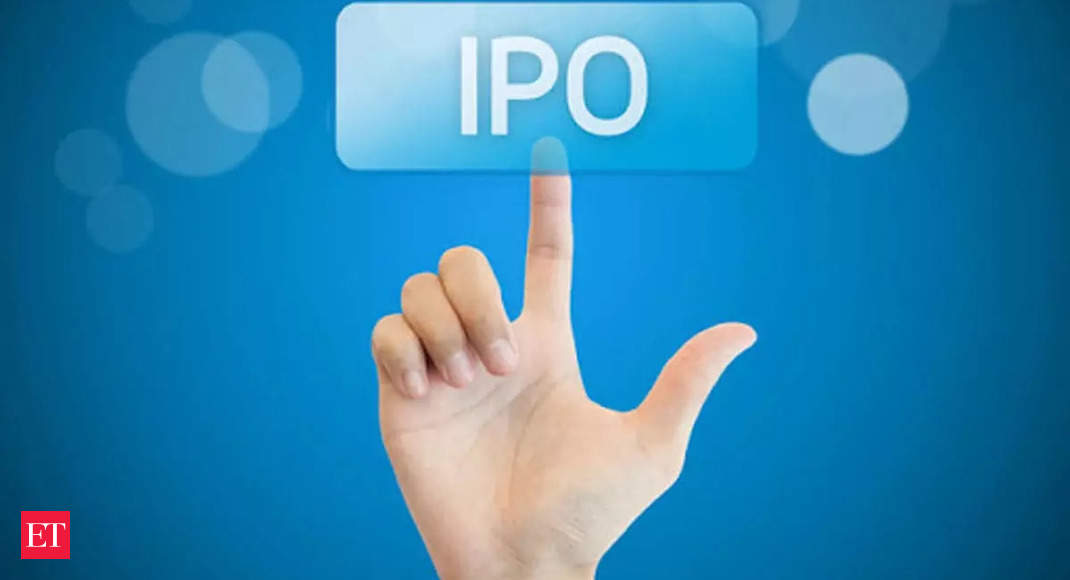Leading the pack is electric-truck startup Rivian Automotive, which raised nearly $12 billion in New York this month. Asia’s biggest was China Telecom’s 54 billion-yuan ($8.4 billion) IPO in August, while Polish parcel-locker provider InPost SA seized the top spot in Europe with its 2.8 billion-euro ($3.2 billion) Amsterdam listing in January.
These companies took advantage of record-high stock prices, as central bank support kept investors flush with cash. And the economic recovery from the pandemic along with stimulus measures helped boost corporate earnings.
Still, it hasn’t all been smooth sailing. Regulatory scrutiny has cooled the SPAC craze, which reached a fever pitch early this year. China’s crackdown on technology companies over the summer sent shockwaves through global markets, halting the record rush of Chinese listings in the US and casting a shadow over Hong Kong’s IPO market.
“We are moving from a perfect market for IPOs with plenty of liquidity and deals performing well to a more normal environment,” where investors are more selective, said Gareth McCartney, global co-head of equity capital markets at UBS Group.
Dizzying Heights
A retail-buying frenzy that sent stock markets on a rollercoaster ride this year, along with investor appetite for hot sectors has fueled some dizzying post-listing pops. Rivian, which has yet to generate revenue, more than doubled in its first few sessions, briefly surpassing Volkswagen in market value, while Korea’s SK Bioscience surged 160% in its debut.
These outsized gains have fanned worries of a bubble. The S&P 500 Index is trading at more than 21 times projected earnings in the next year, well above its 10-year average. Stocks are near their most expensive level since the dot-com bubble of 2000. “As monetary stimulus programs are scaled back, and if global growth slows sharply, markets could be heading for a correction,” said Susannah Streeter, senior analyst at Hargreaves Lansdown Plc. “Over-valued companies will feel the pain much faster than others.”
Down to Earth
Fund managers have become pickier amid the glut of deals and many have seen early gains dissipate. TikTok rival Kuaishou Technology is one of 2021’s roughest IPOs, falling 16% below its listing price after shares more than tripled initially. The IPO crops of 2021 in the US and Europe are now on average underperforming regional equity benchmarks.
Some IPO stocks disappointed right off the bat. High-profile debut flops include the 27% drop in Indian digital-payments provider Paytm’s parent last week, UK food-delivery startup Deliveroo’s 26% slide and US insurer Oscar Health’s 11% drop in March.
Particularly in the second half of the year, scrapped listings have piled up, including health-care property company Icade Sante SAS in France, investment-software firm Allvue Systems Holdings in the US and Novotech Health in Hong Kong.
While some have pushed their IPO plans into 2022, risks for global equity markets are stacking up, including surging inflation that could prompt tighter monetary policies. Hikes in interest rates could hamper economic growth and slow earnings momentum.
